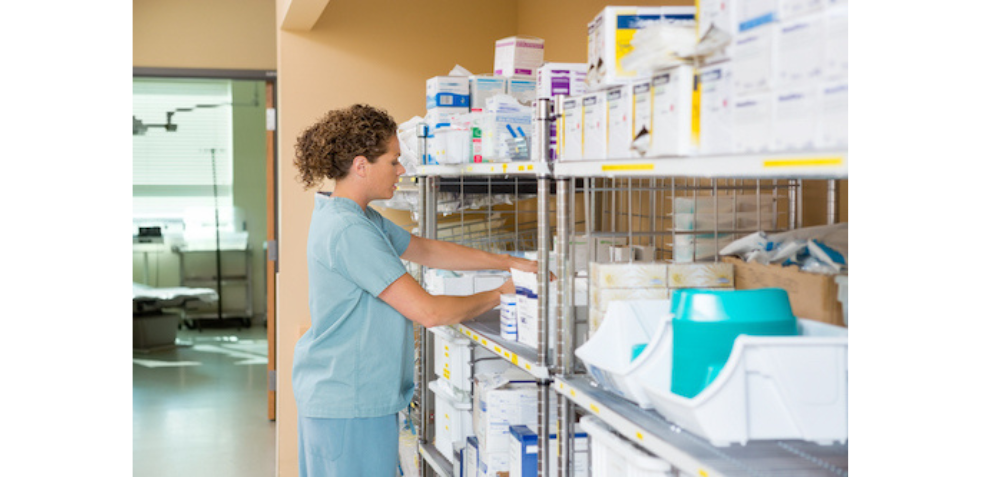May 5, 2023 – Henry Ford Health’s supply chain connects with departments from across the integrated, nonprofit health system to increase diversity spend in different areas that have targets for growth. Sourcing diverse and local suppliers is critically important to the health system that serves Detroit and south central Michigan, while bringing domestic manufacturing back to Detroit is an even larger goal.
“Domestic manufacturing not only helps to derisk the supply chain, but also helps to create jobs, which is huge for health equity,” Moir said. “It’s not just about sourcing. It’s about creating income and wealth because you cannot keep people healthy if they cannot afford food, housing or insurance. So, creating jobs in those communities we serve at Henry Ford is what supplier diversity is about. It’s an easier pathway to health equity and we’re very committed to it.”
Henry Ford Health also hosts community outreach events for strategic introductions between suppliers and system stakeholders. It is strategic around partnering with vendors in the community that have been historically marginalized and making the community healthier.
“Supplier diversity lives in our Community Empowerment pillar within our Henry Ford Health Diversity, Equity, Inclusion and Social Justice Plan,” Moir said.
The health system partners with community organizations like United Way for Southeastern Michigan to create a community information exchange – a grassroots council that targets patients, especially senior citizens, who are experiencing food insecurity. It’s called Closing the Loop and it’s a partnership between United Way for Southeastern Michigan, Henry Ford Health, Templin Medical Center, Gleaners Community Food Bank and Fish & Loaves Community Food Pantry.
A Henry Ford Health doctor notifies a United Way representative about a patient’s food needs. That representative then calls the patient to set up an appointment at Fish & Loaves, which provides the patient with free, nutritious food at their location. Then, a United Way representative follows up to support the patient throughout the process and help with other needs.
“This has the capacity to serve over 500 patients by the end of 2022. That’s the goal,” Moir said. “And we plan to identify and recruit at least five other healthcare organizations to scale these efforts in 2023. We plan to complete 350,000 food insecurity screens and 75,000 full social need screens by the end of 2023.”
Read more in April’s issue of Repertoire Magazine.
